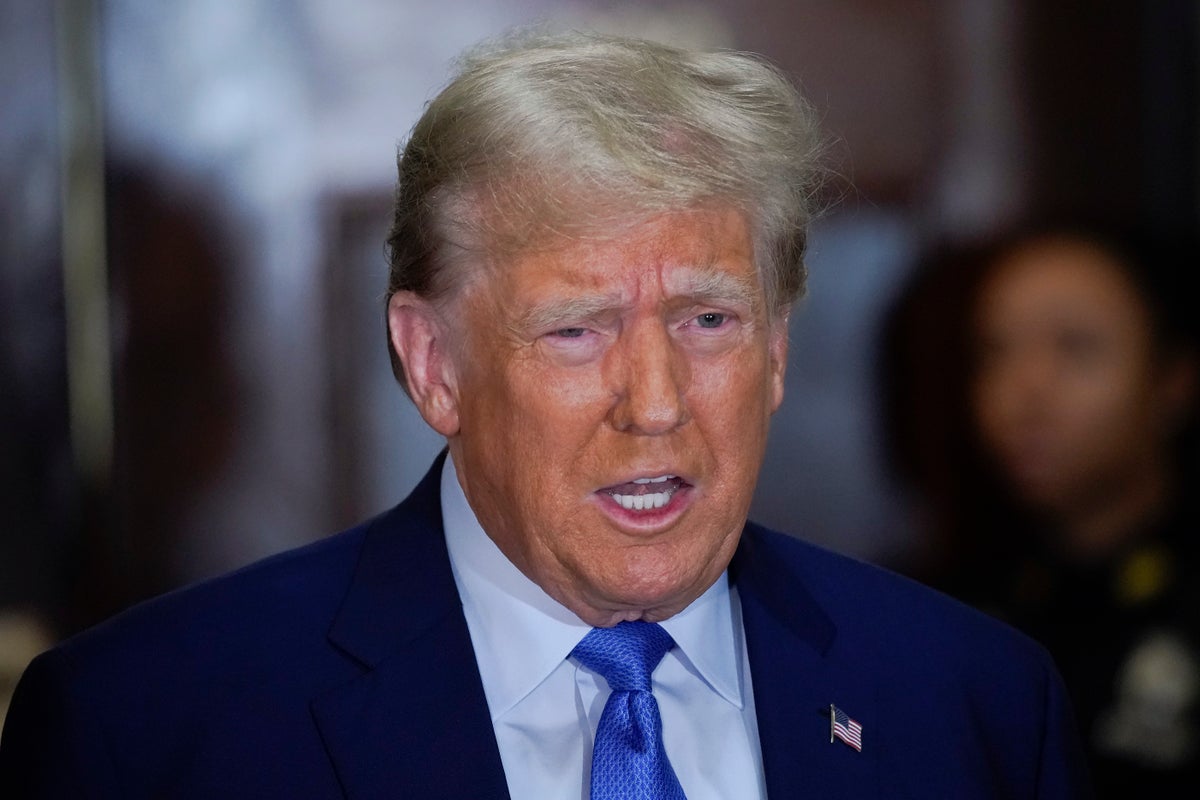
The Minnesota Supreme Court has dismissed a lawsuit seeking to bar former president Donald Trump from the state’s 2024 presidential primary ballot.
The challenge, from a bipartisan group of state voters, sought to block Mr Trump’s campaign under a 14th Amendment provision forbidding candidates who “engaged in insurrection.”
The state appellate court held in a brief ruling on Wednesday that the Civil War-era measure did not apply to the Minnesota primary process, which it argued was a fundamentally local process outside the purview of the US Constitution.
“There is no state statute that prohibits a major political party from placing on the presidential nomination primary ballot, or sending delegates to the national convention supporting, a candidate who is ineligible to hold office,” the ruling reads.
The court left open the possibility that the voters could challenge Donald Trump’s inclusion on the general election ballot in 2024.
The Trump campaign, in a statement to The Independent, said the ruling is “further validation of the Trump Campaign’s consistent argument that the 14th Amendment ballot challenges are nothing more than strategic, un-Constitutional attempts to interfere with the election by desperate Democrats who see the writing on the wall: President Trump is dominating the polls and has never been in a stronger position to end the failed Biden presidency next November.”
Lawsuits in multiple states seek to bar the Trump 2024 campaign over the former president’s connection to the January 6 insurrection
A similar state lawsuit is pending in Colorado, with closing arguments scheduled for next week, and another such legal action was recently thrown out of New Hampshire federal court.
The decisions are likely to be appealed to the US Supreme Court.
The high court has never ruled on the application of the “insurrection” clause, which was put in place in 1868 following the Civil War.
In the Minnesota suit, Donald Trump’s legal team argued that the January 6 insurrection didn’t rise to the level referred to in the Constitution and that Congress has to lay out the meaning of the amendment for it to have force in his case.







